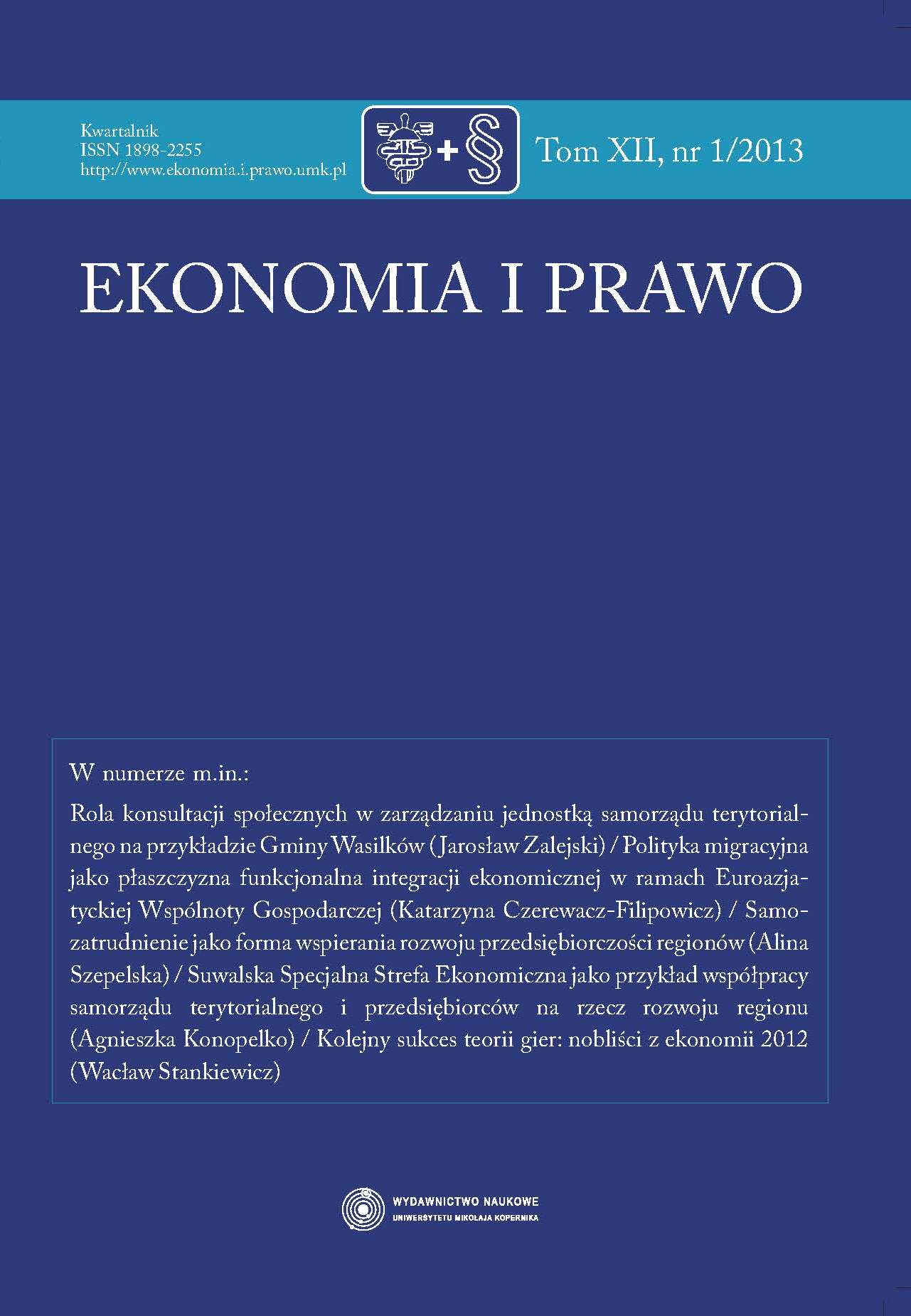CREATION OF COOPERATION CONDITIONS BASED ON TRIPLE HELIX MODEL:THE CASE STUDY OF BIAŁYSTOK METROPOLIS
CREATION OF COOPERATION CONDITIONS BASED ON TRIPLE HELIX MODEL:THE CASE STUDY OF BIAŁYSTOK METROPOLIS
Author(s): Tadeusz TruskolaskiSubject(s): Economy, National Economy
Published by: Wydawnictwo Naukowe Uniwersytetu Mikołaja Kopernika
Keywords: urban innovation; urban development; entrepreneurship; local governments; knowledge-based economy
Summary/Abstract: Urban innovation is a key problem on the way to the development of local communities and their prosperity. The principle of triple helix is used to implement local reforms. The proper functioning of cities requires the cooperation of all beneficiaries. Hence, proper coordination and the awareness of the roles performed in the process, is of vital importance. Local governments have the greatest opportunity to coordinate activities and policies which take into account the needs and resources of all three groups: business, administration and science. The use of power allows for long-term policies that contribute to the increase in innovation and the improvement of the region's economic situation. This paper presents the practical use of the triple helix principle. It is the case study of Bialystok - the metropolis, whose development is based on the achievements of science and which supports entrepreneurship, for the benefit of all stakeholders.
Journal: Ekonomia i Prawo. Economics and Law
- Issue Year: 12/2013
- Issue No: 1
- Page Range: 21-34
- Page Count: 14
- Language: Polish

